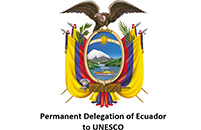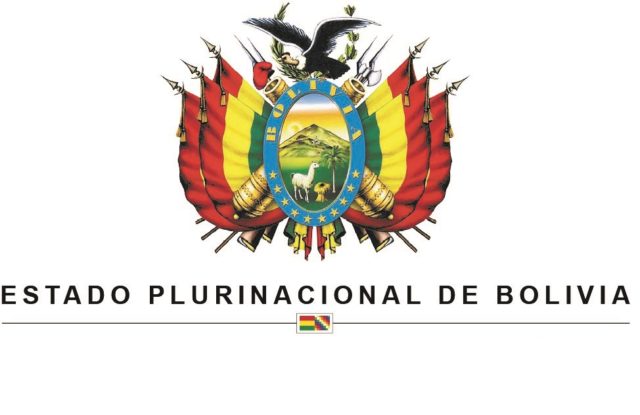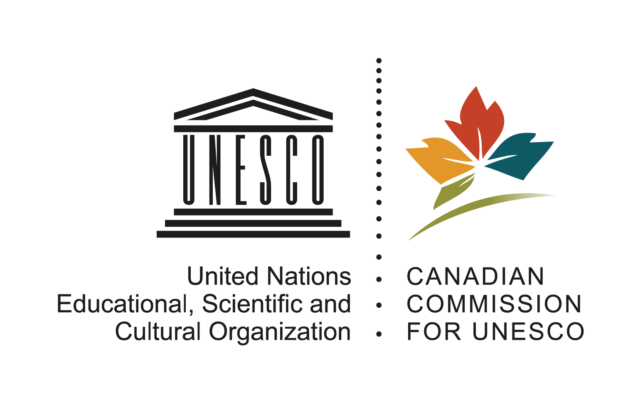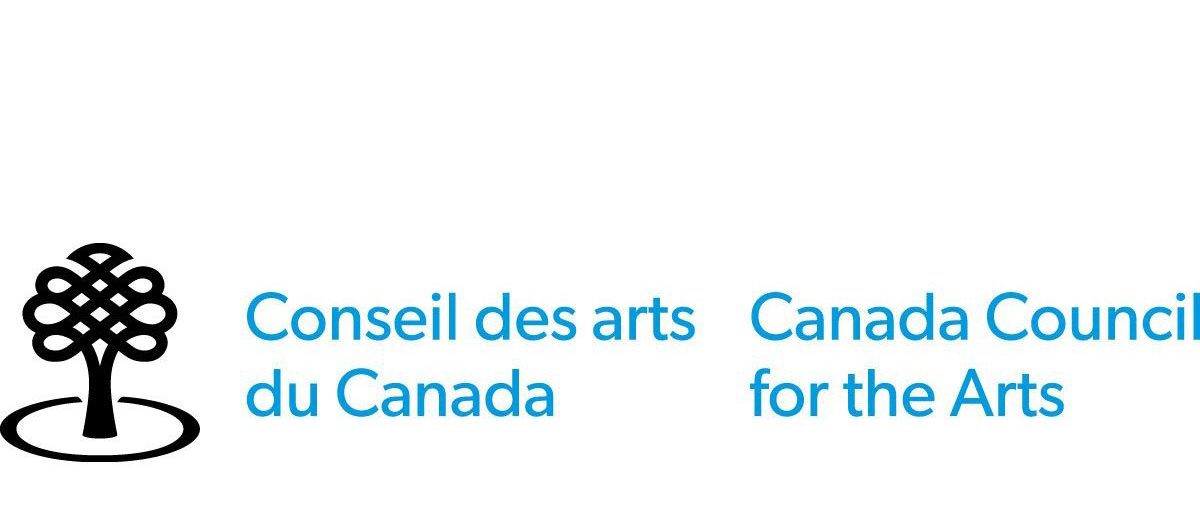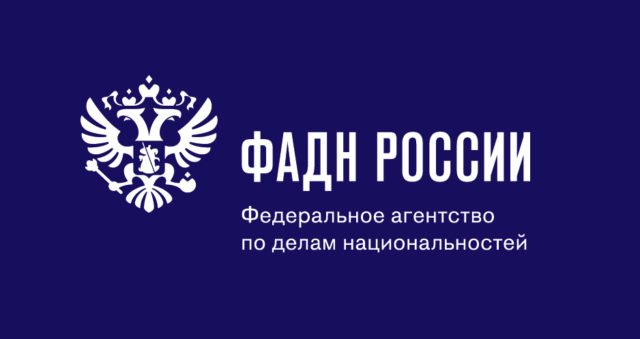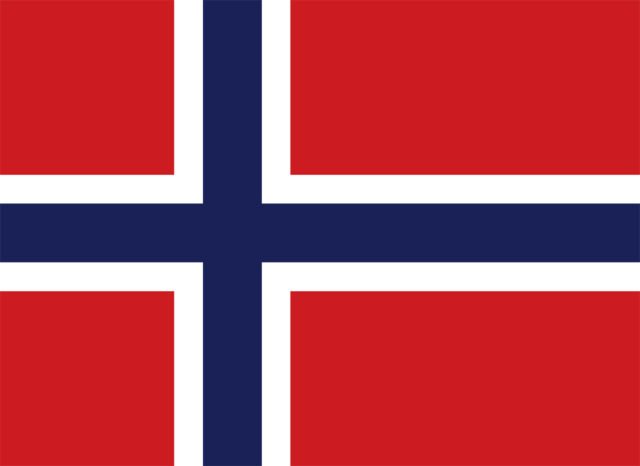Why Indigenous Languages?
knowledge
Unique systems of knowledge and understanding of the world.
peace
Sustainable development, investment, peace building and reconciliation
rights
Fundamental human rights and freedoms for indigenous peoples
inclusion
Social inclusiveness, literacy, poverty reduction and international cooperation
diversity
Cultural values, diversity and heritage
7
thousand
Languages
spoken
worldwide
370
million
Indigenous
people
in the world
90
countries
With
indigenous
communities
5
thousand
Different
indigenous
cultures
2680
languages
In danger
About IYIL2019
Languages play an important role in the daily lives of all people.
It is through language that we communicate with the world, define our identity, express our history and culture, learn, defend our human rights and participate in all aspects of society, to name but a few. Through language, people preserve their community’s history, customs and traditions, memory, unique modes of thinking, meaning and expression. They also use it to construct their future.
Language is pivotal in the areas of human rights protection, good governance, peace building, reconciliation, and sustainable development.
IYIL2019 will promote indigenous languages in these five key areas
1. Increasing understanding, reconciliation and international cooperation.
2. Creation of favourable conditions for knowledge-sharing and dissemination of good practices with regards to indigenous languages.
3. Integration of indigenous languages into standard setting.
4. Empowerment through capacity building.
5. Growth and development through elaboration of new knowledge.
Join Us
in celebrating 2019 as year of the Indigenous Languages

Main Objectives
Focus global attention on
- the critical risks confronting indigenous languages
- their significance for sustainable development, reconciliation, good governance and peacebuilding
Target steps that will
- improve quality of life
- enhance international cooperation
- strengthen intercultural dialogue
- reaffirm cultural and linguistic continuity
Increase the capacity
of all stakeholders to take measures that will support, access and promote indigenous languages in accordance with the legitimate rights of the people who speak them
Get Involved
We hope actions taken during IYIL2019 will generate as much interest and positive change as possible for indigenous languages and those who speak them.
It is with this in mind that we invite you to get involved in making the year a success. The survival and robustness of indigenous languages plays a vital role in the sustainable development of the communities that speak them.
As such, events taking place during IYIL2019 should take into account the three main themes of the year which encompass both the 2030 Agenda for Sustainable Development and the 17 Sustainable Development Goals.
Organizers
Main Facilitator
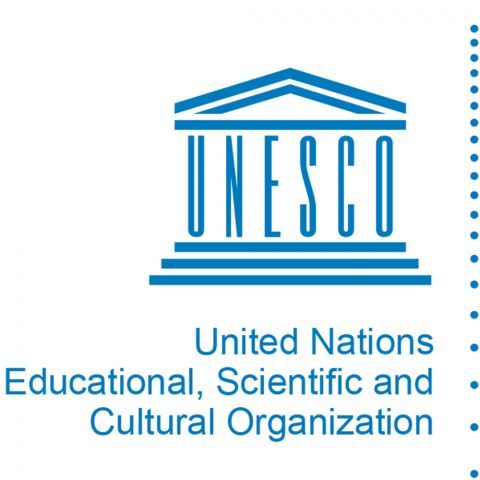
With support
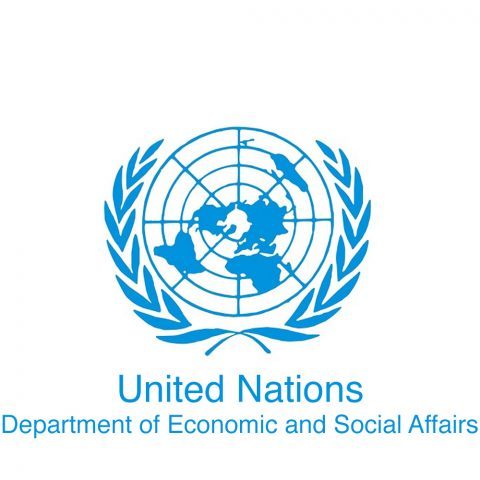
In collaboration
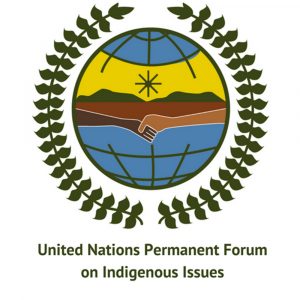
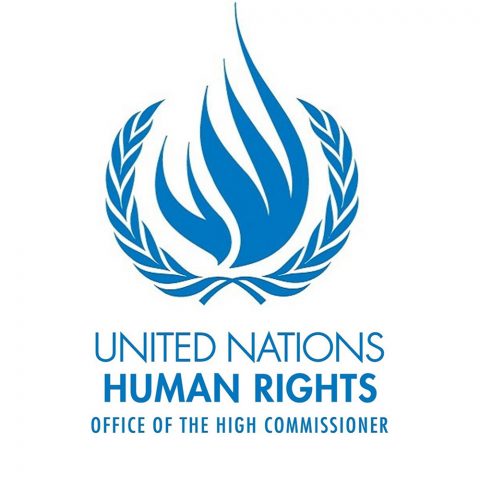
Expert Mechanism on the Rights of Indigenous Peoples

Special Rapporteur on the Rights of Indigenous Peoples
Partners
UN partners
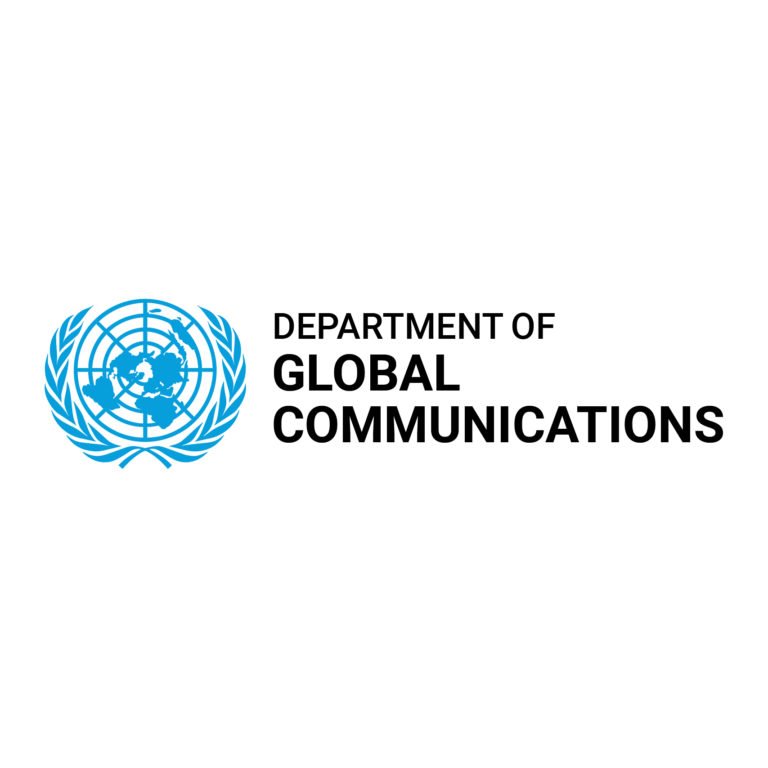
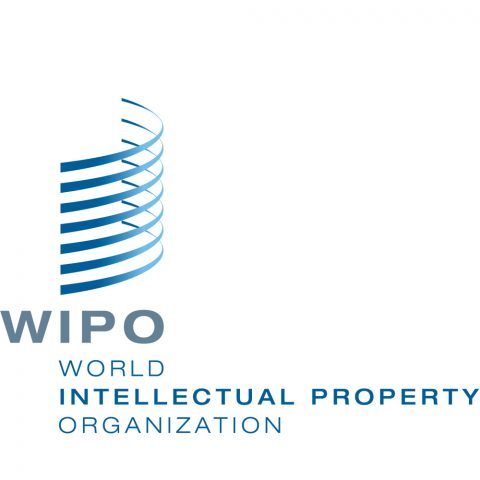
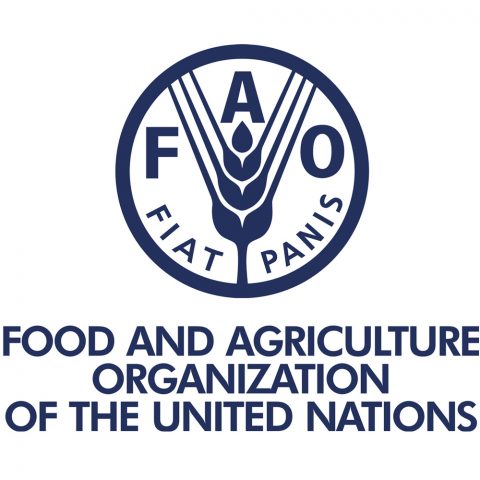
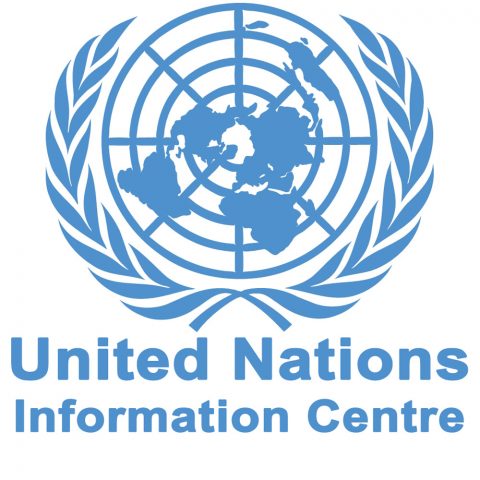
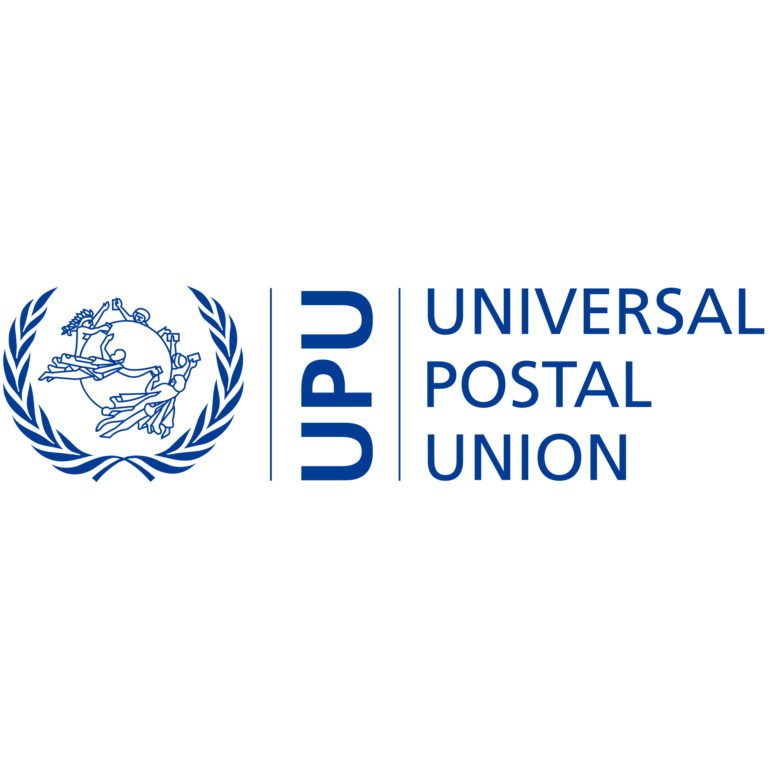
Governmental partners
Social – Civil society partners
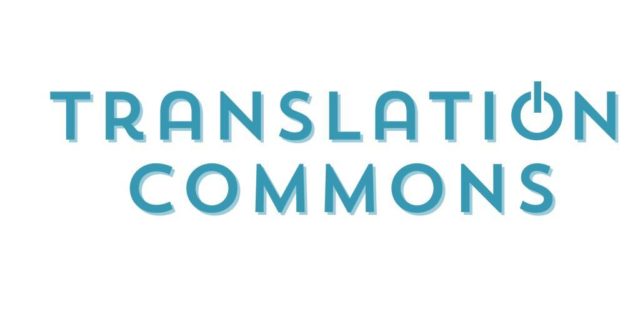
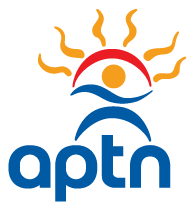
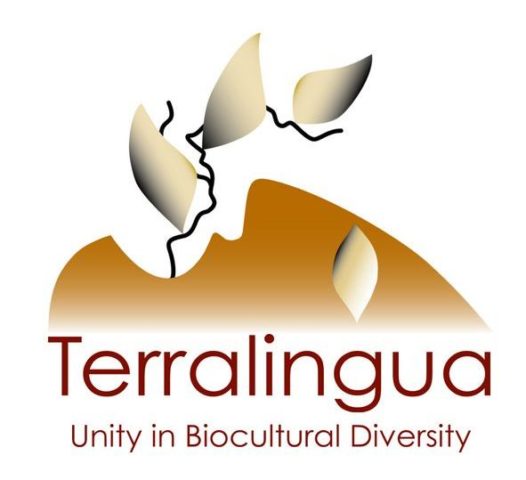
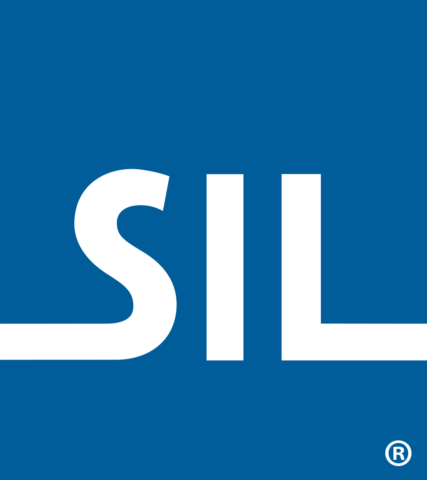
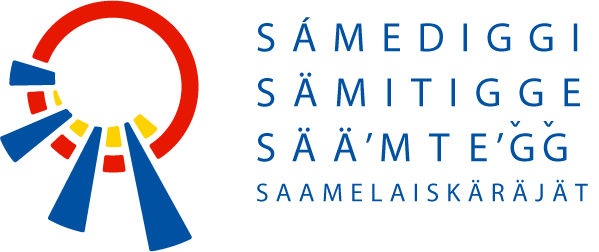
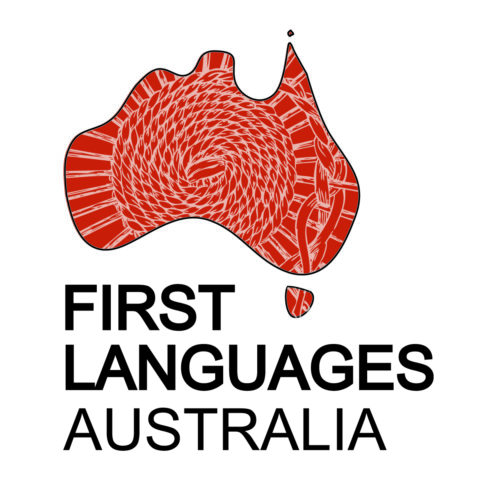
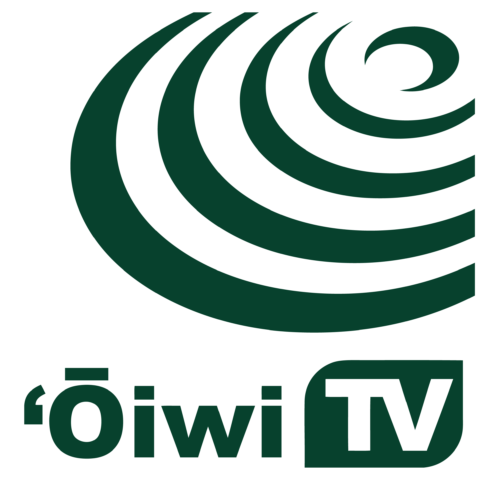
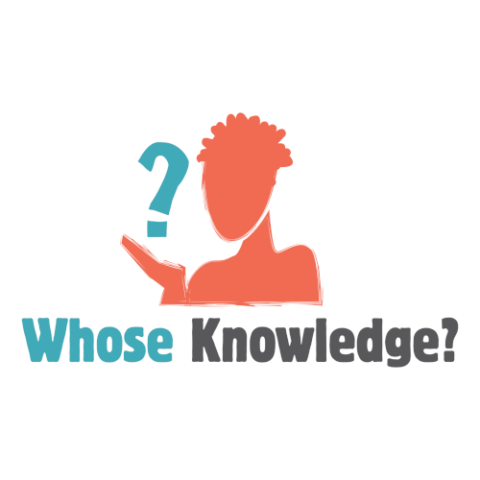
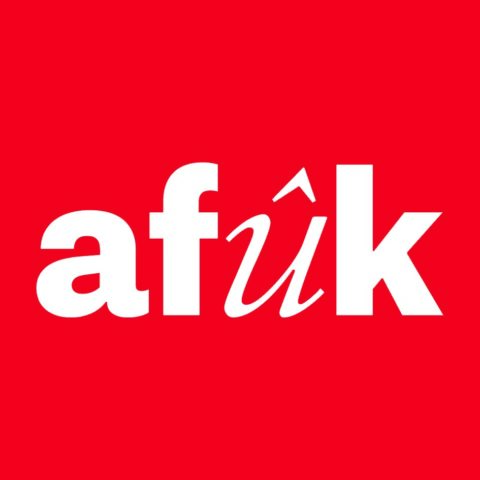

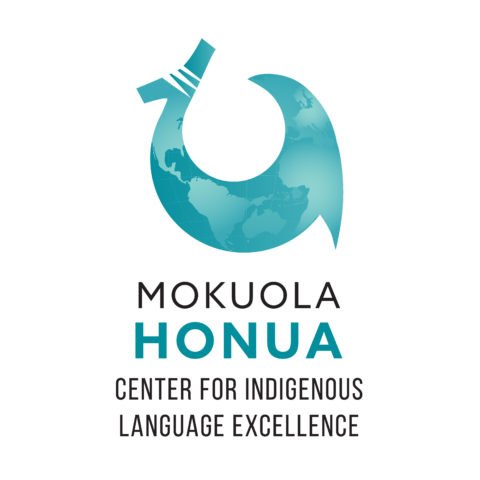
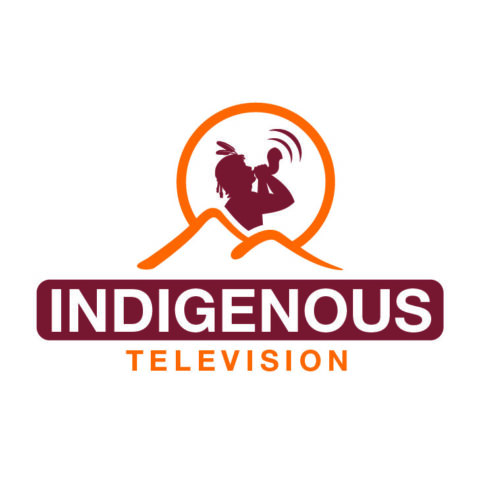
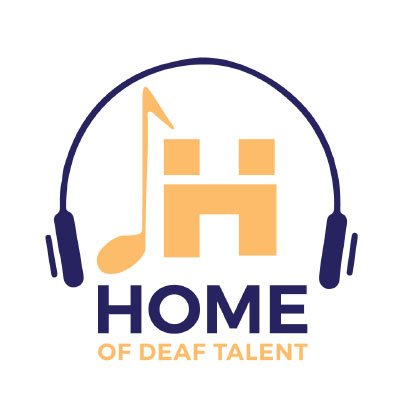
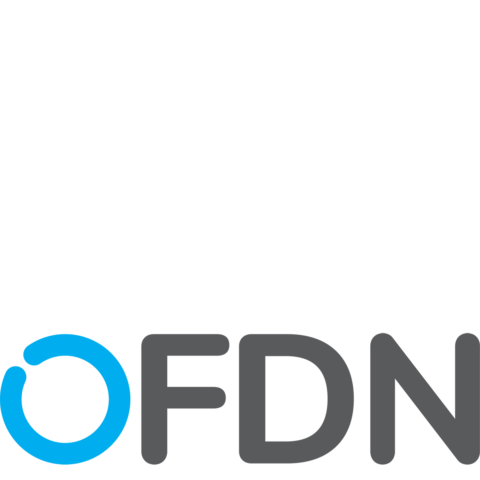
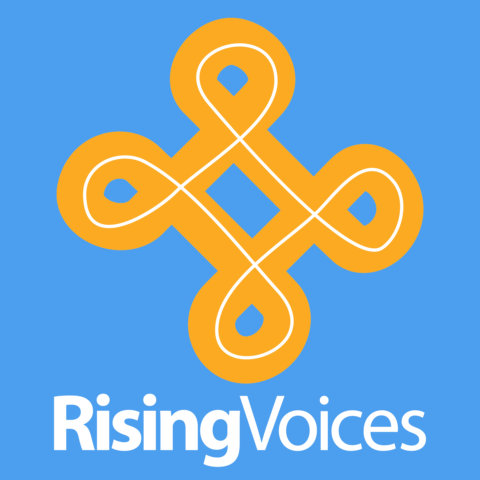
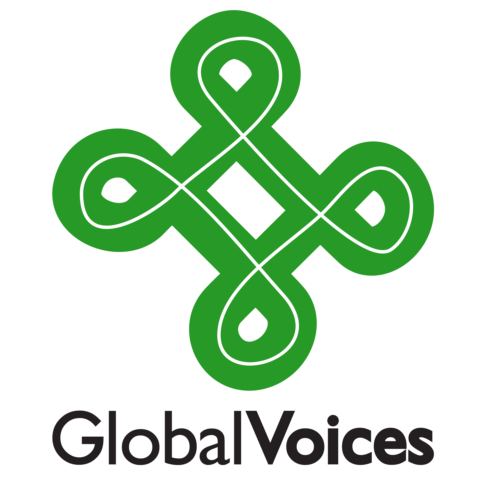
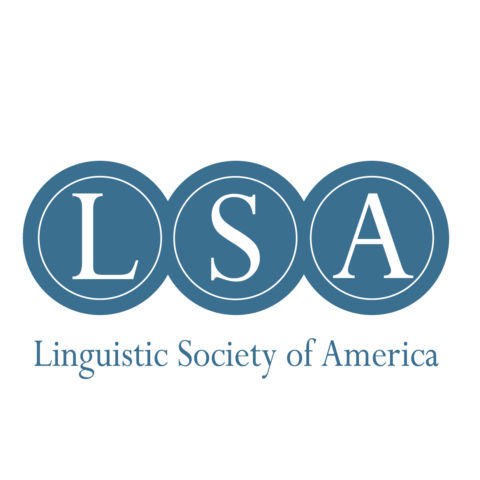
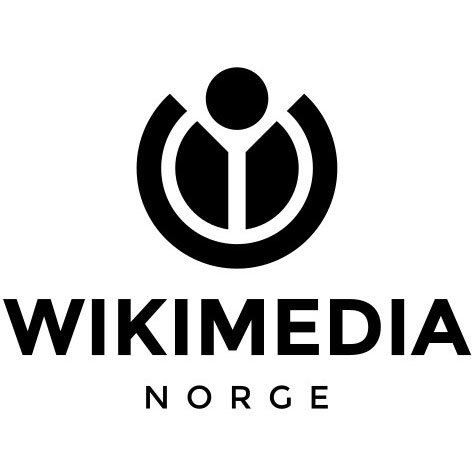
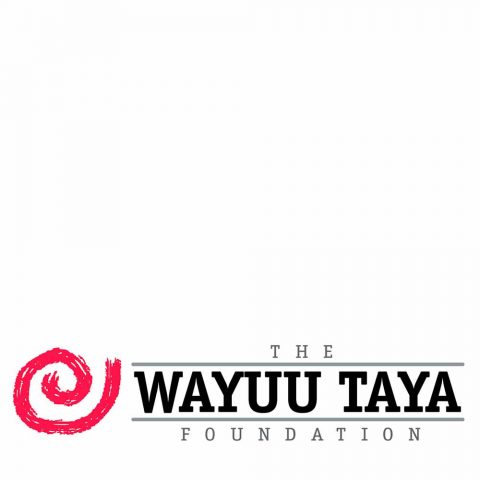
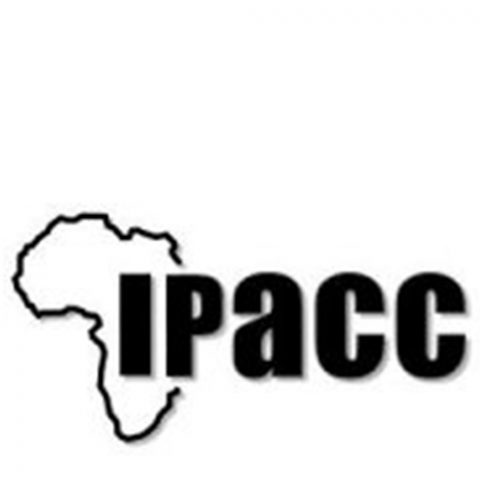
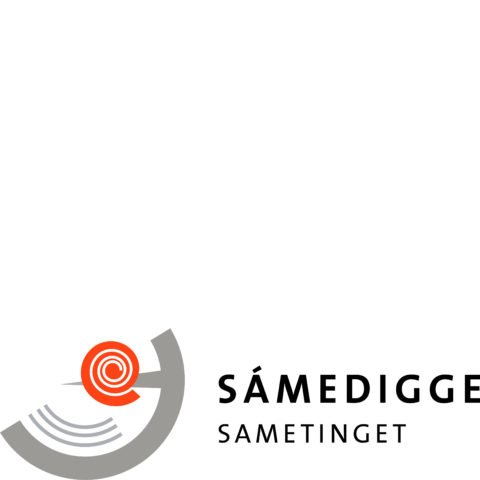
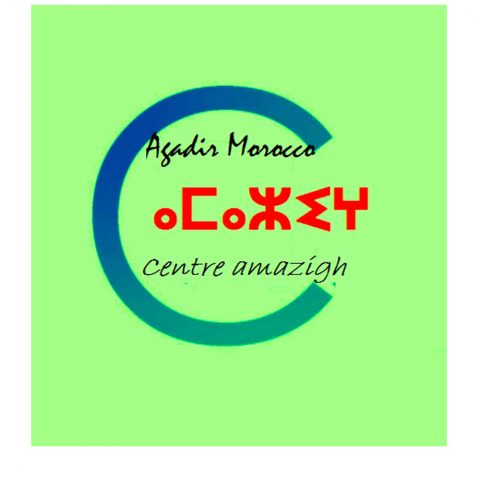
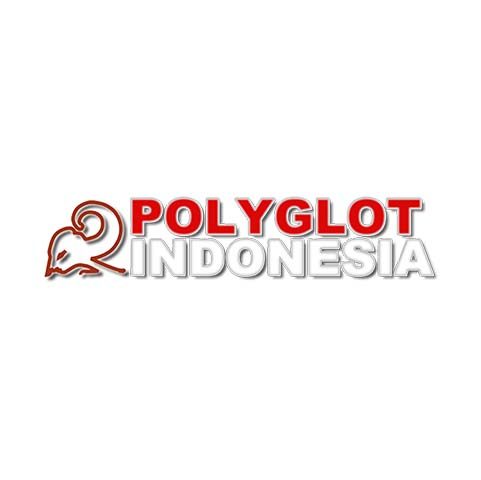
Private Sector Partners
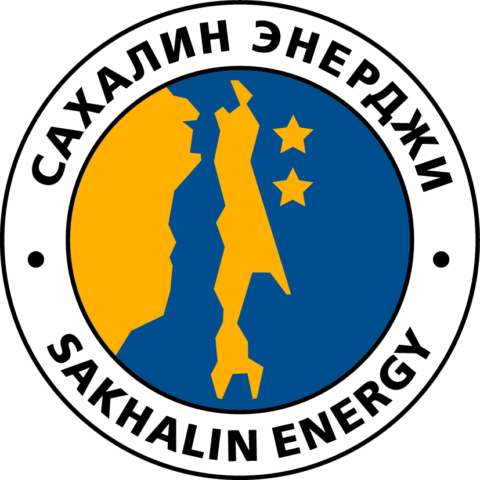

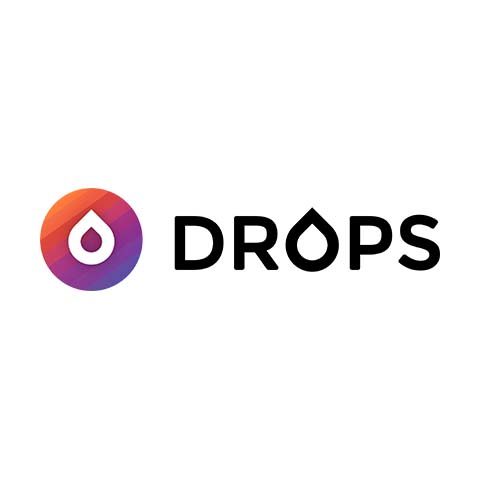
Partners of the IYIL2019 Film Festival
(Latin American and the Caribbean Week at UNESCO)
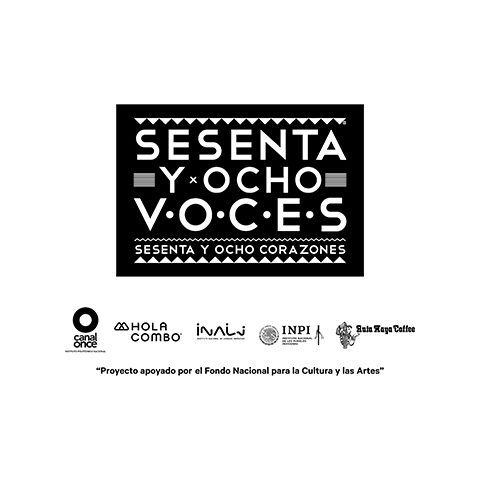
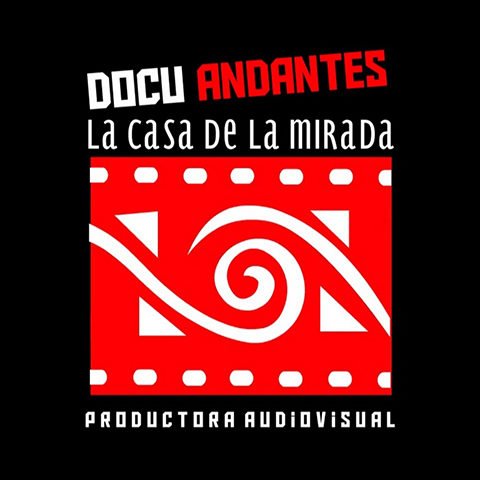
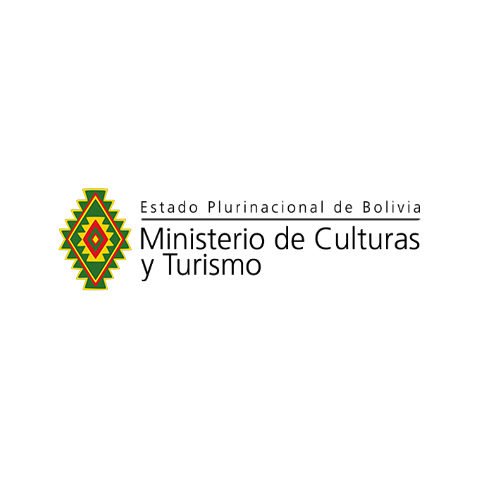
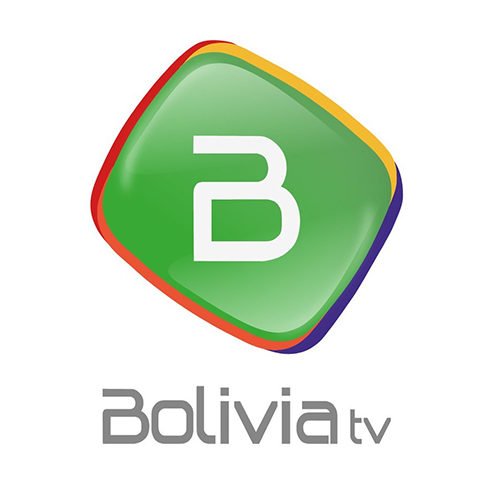
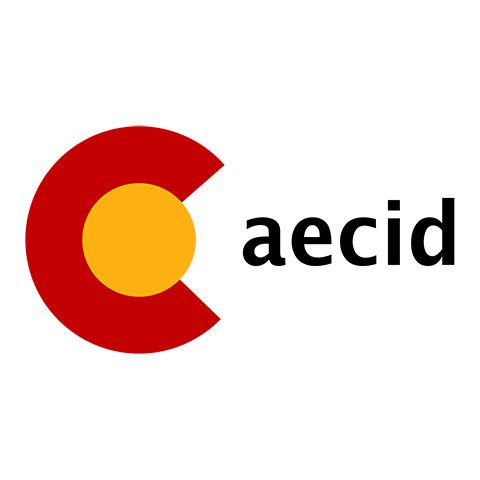
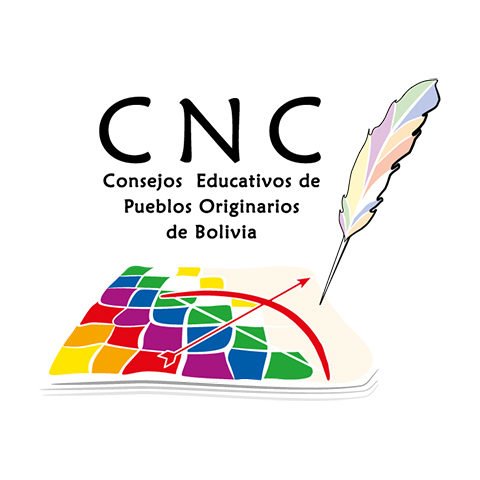
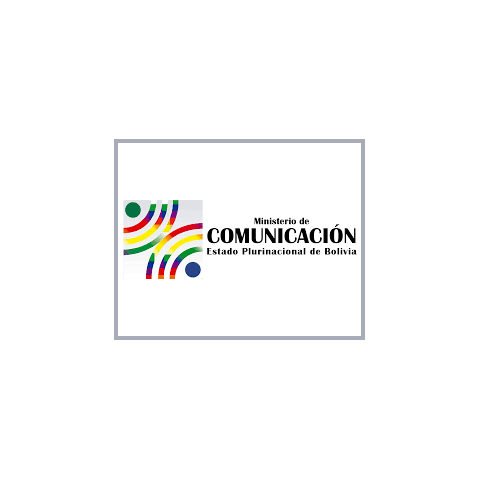


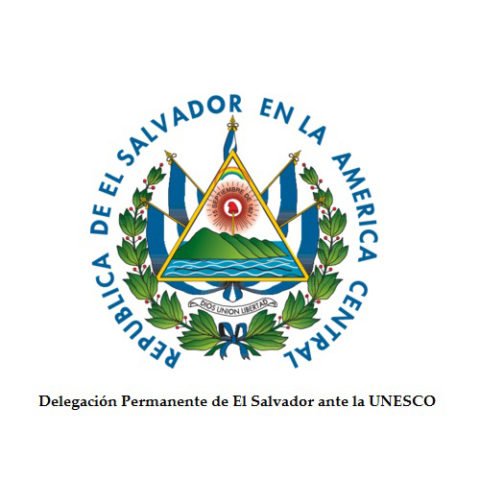
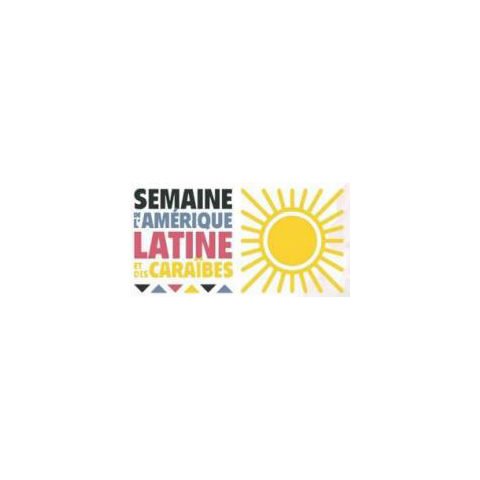
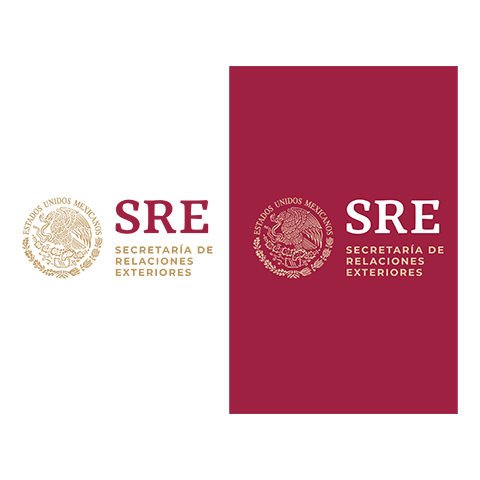
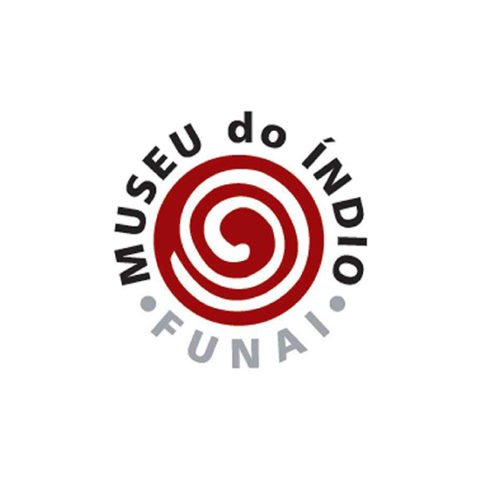
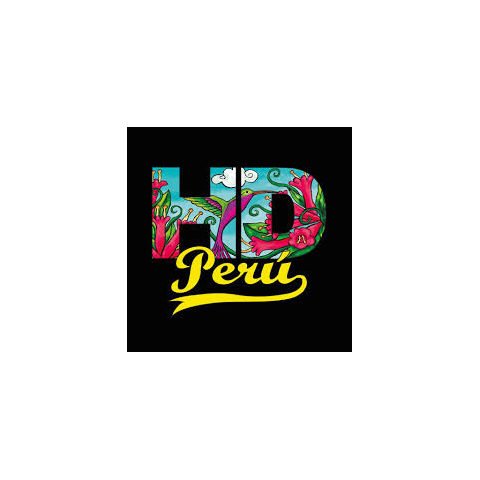
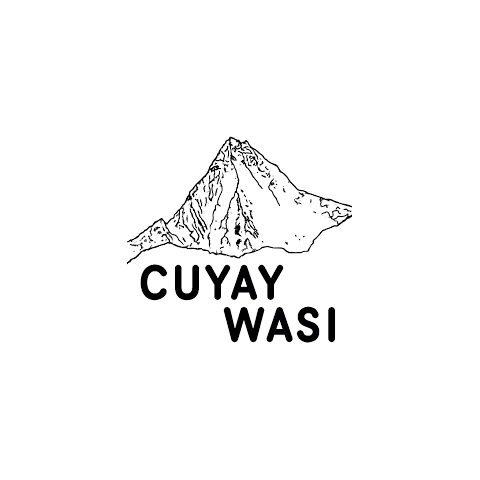
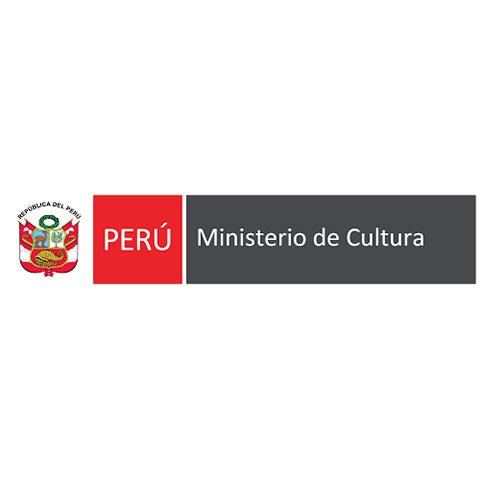
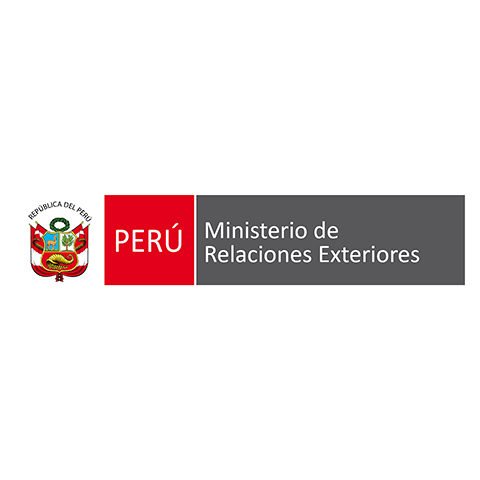
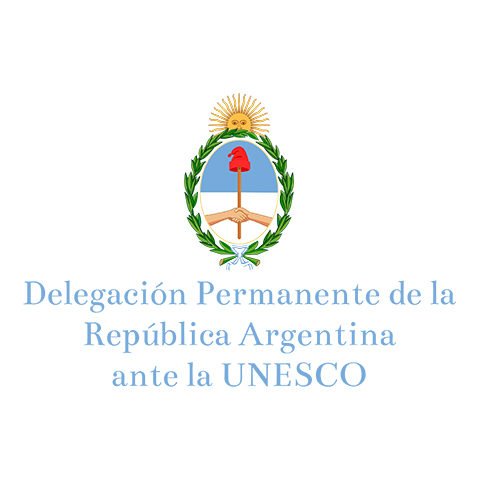
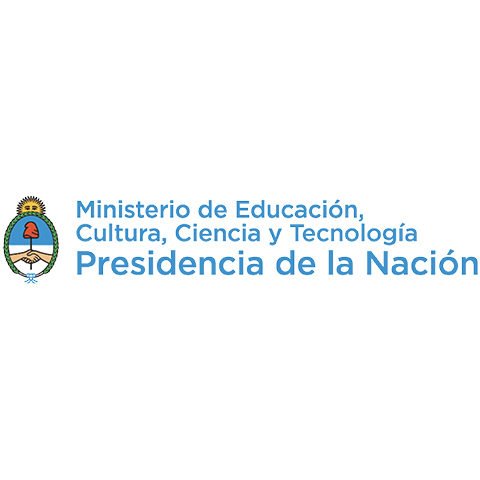
The UN Declaration on the Rights of Indigenous
Peoples
is a major milestone.
But it will not succeed
without the support of people everywhere.




